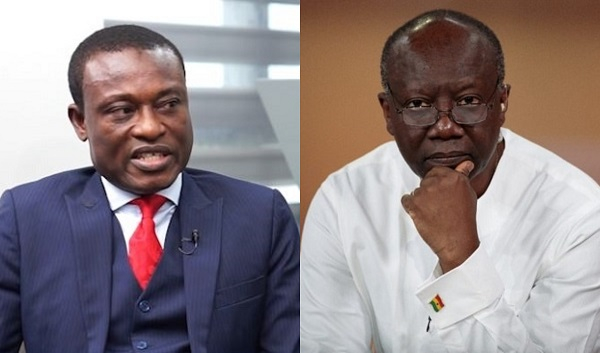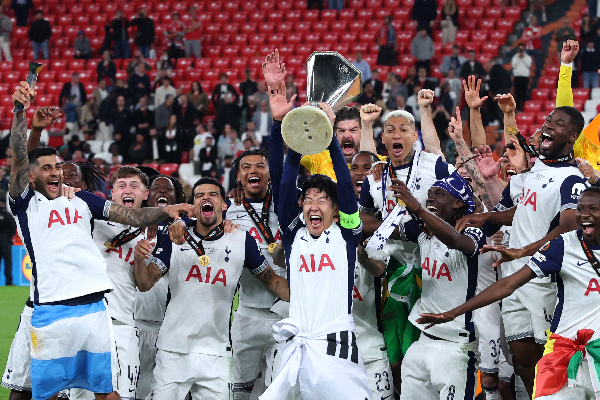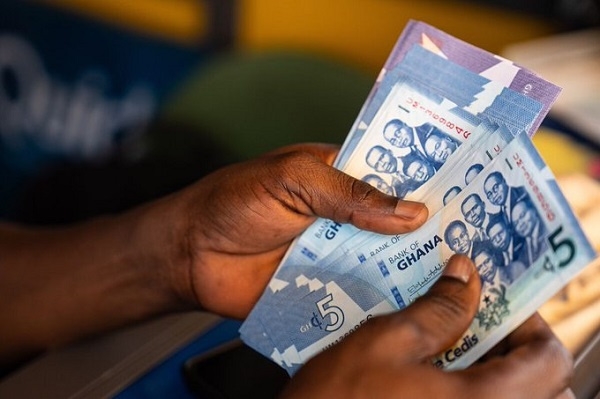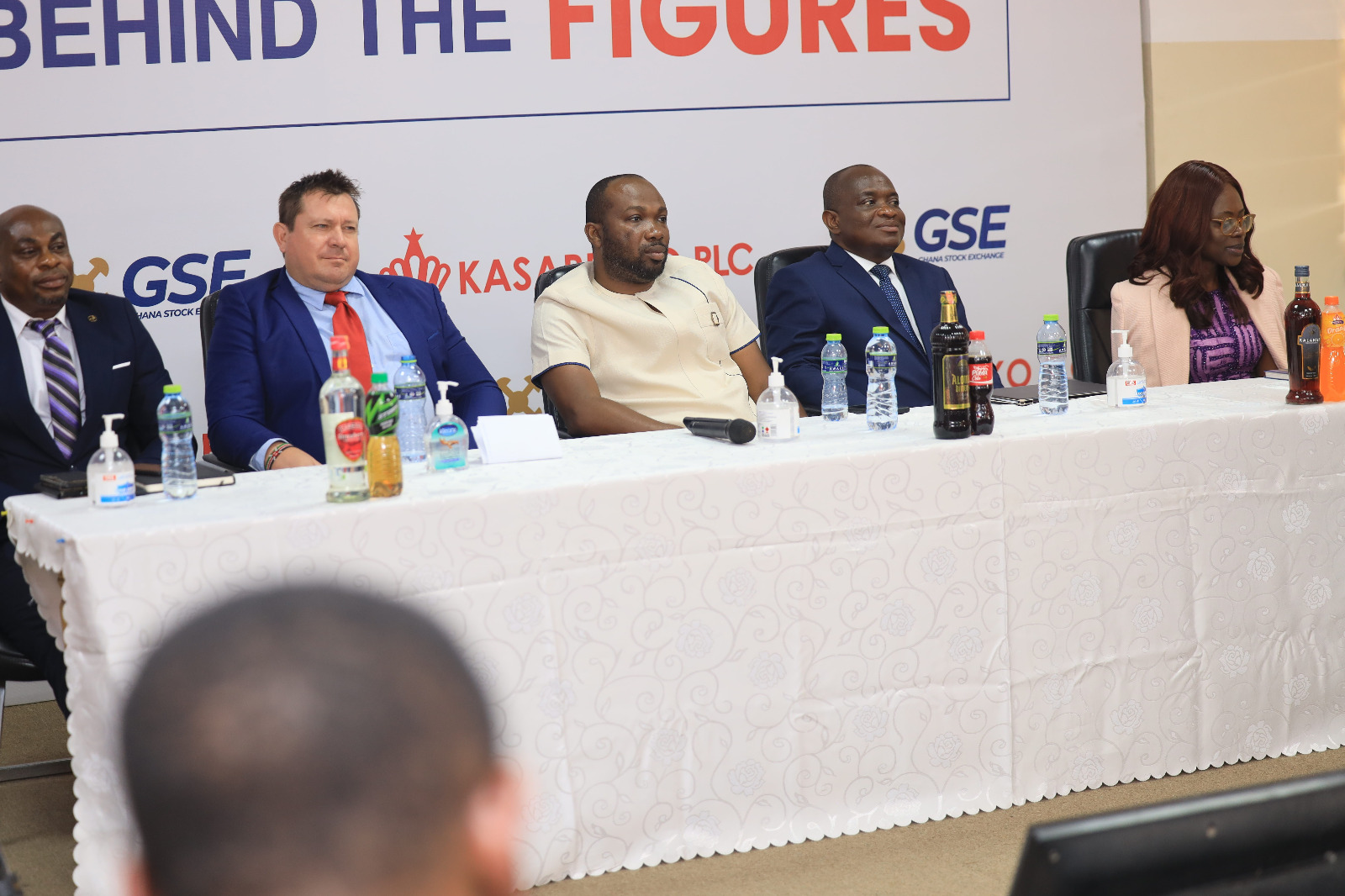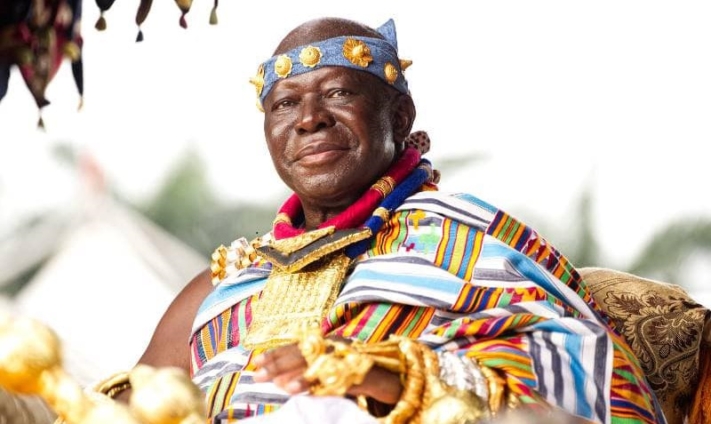Zambia : Work Harder, Starve Better: The Gospel According to HH
By Kapya Kaoma
President Hakainde Hichilema’s recent call for “all Zambians to be productive in order to promote trade and economic growth,” as reported by the Lusaka Times, might seem noble on paper—but in reality, it’s dripping with irony. That he delivered these words at the Anglican Cathedral of the Holy Cross during a Thanksgiving Service for good rains only deepens the disconnect between presidential rhetoric and the daily struggles of ordinary Zambians.
To me, what was meant as inspiration landed more like a punchline. I recall a conversation with a UPND-supporting taxi driver in Lusaka who proudly said, “President Hichilema has taught Zambians to work hard.” He’s not alone—this line has become the slogan of UPND commanders–cadres that once marched in protest over the high cost of living under the Lungu administration. Today, those same voices dismiss hardship with a shrug and a sermon about hard work. So I have to ask myself, when exactly did Zambians stop working?
Honestly, they never did. Zambians have always toiled—hustling in markets, queuing in clinics, stretching every Kwacha just to make ends meet. What has changed, however, is not their productivity, but the betrayal of their labor by politicians. Successive governments, including the UPND administration, have commodified people’s struggle, exploiting their resilience while giving back little in return. Under the Patriotic Front, desperate mothers lined the streets. Under HH, the faces are the same, the lines even longer. Only the slogans have shifted.
I don’t want to misrepresent anything. At the core of Zambia’s economic plight isn’t the drought, nor is it a lack of productivity. It’s theft—rampant, unashamed, and increasingly normalized under this President. While pastors gathered in prayer, did anyone dare ask what, exactly, President Hichilema was giving thanks for? Wasting public resources by living lavishly in two State Houses? The “disappearance” of $20 million meant for maize? Siphoning of $50 million intended for essential drugs? Or perhaps the staggering $3 billion in missing public funds spotlighted by the U.S. ambassador?
These aren’t divine disasters. They are outcomes of political choices made by people in HH’s offices. It is on us to accept that poverty isn’t accidental—it is engineered. Our politicians are not victims of circumstance; they are its architects. And it is time we said so, plainly.
It is shameful that ruling party loyalists scrambled to dismiss the U.S. ambassador’s allegations. In diplomacy, silence carries weight. Had the accusations been false, President Hichilema would have responded swiftly and decisively—a formal protest, a diplomatic recall, a press conference. Instead, there was nothing—just silence. And silence, in this case, speaks volumes.
As a Christian, I cherish the Church. But I refuse to accept prayer as a stand-in for justice. The Zambian Church, with a few courageous exceptions, has become more interested in proximity to power than in prophetic witness. It kneels for influence but stands back from truth. Why hasn’t the Church demanded answers about missing medicines, about maize that vanished while people went hungry? How many envelopes handed to clergy are soaked in the blood of the poor—money that could have saved lives at UTH or stocked empty pharmacies in hospitals and clinics across the nation?
Karl Marx’s warning that religion can become the opium of the people is uncomfortably true here. In Zambia, religion has been used as political absolution. The same Church that once gathered under “Pastors for Lungu” now quietly blesses a new administration—not with scrutiny, but with submission. It is not an overstatement to say corruption and the pulpit are allies in our so-called Christian nation.
I am still puzzled by silence around the maize scandal. Could the answer be in brown envelopes? Until the Church finds its courage, it will remain complicit, laundering corruption through prayers and piety. It must not endorse the gospel according to HH either–work harder, and starve better!
President Hichilema owes Zambians more than economic mantras or prayers. He owes them the truth, the whole truth. What happened to the maize? The medicine? The billions?
These questions can’t be answered by bishops, priests, pastors, apostles, prophets, evangelists or prayers.
Only the President can answer them.
And he must.






